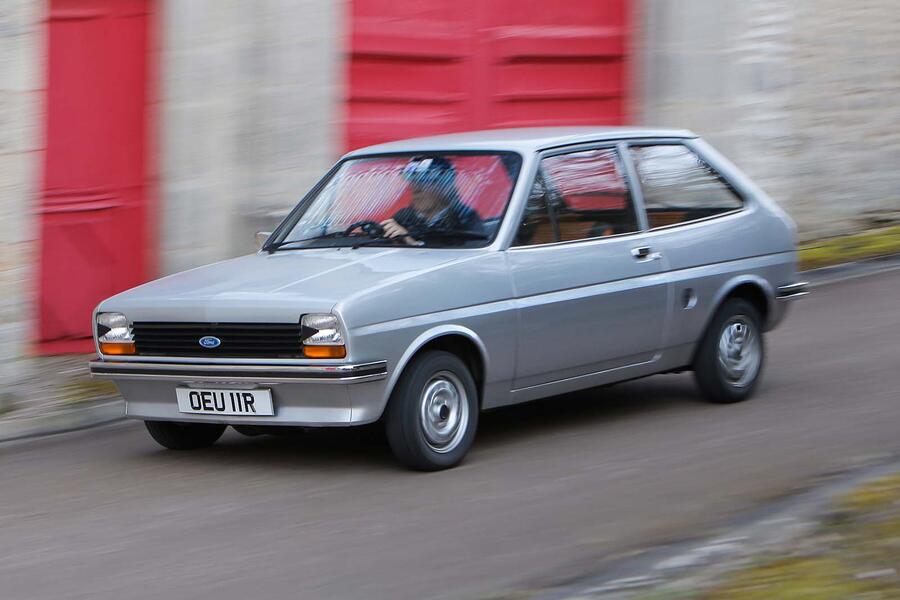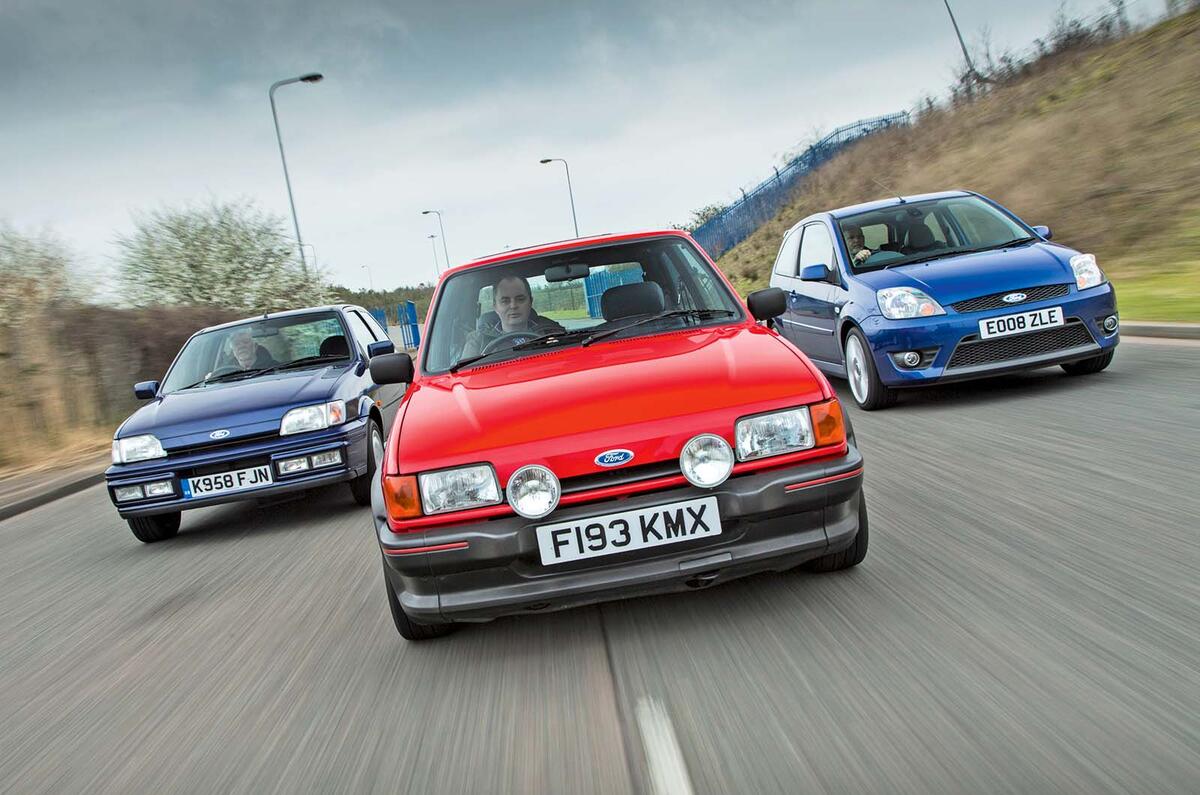Renewed customer interest saved both salad cream and Subbuteo when they were threatened with their production ending.
Their respective waning popularity was apparently caused by the inexorable rise of mayonnaise and video games as we all morphed into louche poshos.
But when their makers announced their demises, an upsurge in nostalgic popularity caused U-turns. And praise be, to this day, we can still enjoy tangy lettuce while flicking hemispherically mounted figurines around a tabletop.
I thought this was quite a recent memory, but it turns out that both products were saved in 2000.
If you thought so too, apologies for reminding you of that particularly horrible phenomenon of ageing whereby what you thought happened last week you actually recall from several decades past, even though you can’t find the glasses that you set down 20 minutes ago.
Anyway, the Ford Fiesta, perhaps Britain’s best-loved small car, went out of production last month. I don’t know if demand for the new supermini had picked up notably, but there’s rather more regulation on new cars than plastic footballers, there are more supply contracts to sign and factory capacities to worry about, so I suspect that no amount of craving would have saved a model whose profitability was crippled by mandatory safety and emissions obligations.

Its demise did, though, cause an upsurge in interest in older Fiestas. The classifieds website Car & Classic noted that searches for Fiestas rose 70% over their normal levels during the weekend that Fiesta production finished.
But what of values? I don’t suppose there are huge numbers of people looking into Fiestas as investment buys, but it stands to reason that when demand rises, so do prices.
In the year leading up to the announcement last October that production would end, C&C’s Fiesta selling prices averaged £5000. Since then, the average has been £7200. Should one buy-buy-buy? They are cute cars and prices are on the up.











Join the debate
Add your comment
I tend to agree that you should buy a classic car because you like it, not because you think it's an investment. There are two reasons for this. Firstly because the running and maintenance costs will often outweigh any rise in value. If you've ever been to a classic car auction and seen a £50k Ferrari with £65k worth of invoices in a folder, you'll understand this point. Secondly, we are in the early stages of an enormous technology transition that will turn the market for vehicles on its head over the next decade. All fossil-fuel assets are currently over-valued, including ICE cars. So don't buy an old combustion car expecting it to hold value over the long term. Unless you convert it to electric, which is what the smart money is already doing.
With all the nutters on the roads driving like maniacs now (I had an altercation with a couple of thugs shouting at me in a foreign language yesterday because I'd stopped at a red light for a pedestrian to cross the road when they obviously wanted to continue on their journey at 70mph in a 30 mph limit) I wouldn't want to be driving on public roads in an older car with inferior crash protection.
Especially when these dangerous morons without any respect for the highway code or safety are immune from all automated road policing with their missing number plates (i.e. removed and put on top of the dashboard at an unreadable angle as if just fallen off) or have been cloned from another similar car or are just fake.
Surely, for the majority of us, if you're in the position to buy a classic vehicle it should be because you actually want to own it, not because you see it as an investment. Its nearly always the case that you spend more on maintaining, restoring and running such a vehicle than you will ever recover on it, its a labour of love and the returns are not financial ones.